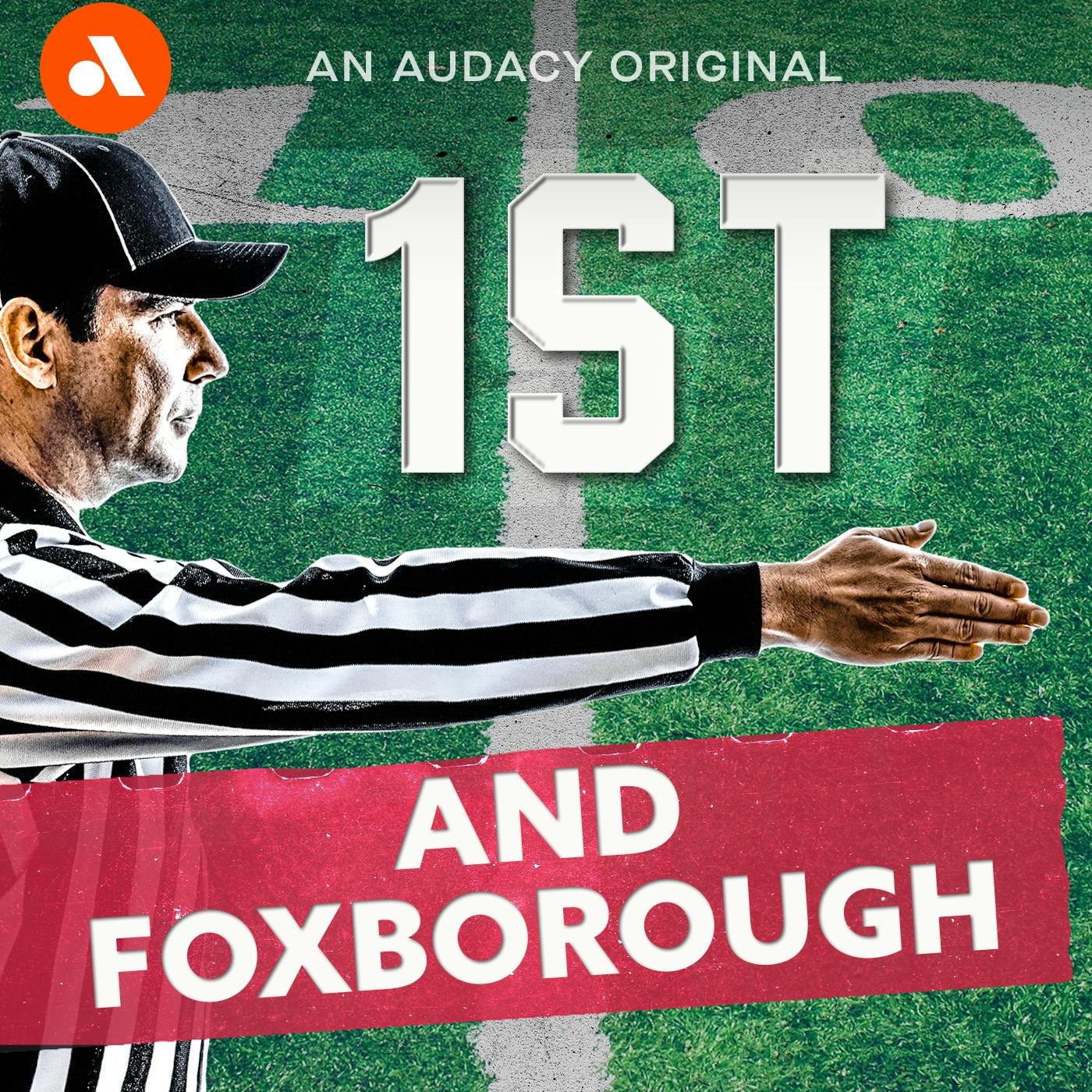
Whether well-intentioned or a whole lot of grandstanding, NFL Commissioner Roger Goodell’s appeal to increase Deshaun Watson’s six-game suspension issued by an independent arbitrator proves the entire process has been a kangaroo court.
Multiple reports surfaced Wednesday indicating Goodell seeks a harsher punishment than the suspension levied by Sue L. Robinson, a retired federal judge appointed by the league and the player’s union. Robinson issued her decision Monday after three days of hearings in late June and several weeks of deliberation.
The six-game suspension prompted public outcry. Fans had been flooded with the testimonies of dozens of masseuses who alleged sexual assault and trauma at the hands of Cleveland’s quarterback.
But Watson’s unusual and revolting case was the first disciplinary matter to go through the new process established by the collective bargaining agreement between the league and players with the goal of preventing the commissioner from being judge, jury, and executioner. See: Deflategate.
This new system was an abject failure.
But before Goodell can point the finger at Robinson, her 16-page ruling asks him to take a look in the mirror. Robinson preempted any argument from Goodell that Watson’s behavior is unprecedented, stating:
“I am bound ‘by standards of fairness and consistency of treatment among players similarly situated.’ The NFL argues that consistency is not possible, because there are no similarly-situated players”
In legal speak, Robinson says that in order to suspend Watson more than six games, as applied to similar, albeit violent, cases in the league’s recent past, Goodell and the union would have to overhaul the players’ compliance policies. That’s not her job. Her job was to rule based on the evidence brought forward by the league itself (only four of dozens of cases on record), and rule within the league’s parameters.
And in cases of assault, under Goodell, the league has commonly handed down 2-game, 6-game, and at most, 8-game suspensions That’s just how they operate.
“It is inherently unfair to identify conduct as prohibited only after the conduct has been committed, just as it is inherently unjust to change the penalties for such conduct after the fact,” she continued.
What does this mean? The league didn’t do enough to establish what is considered appropriate or inappropriate for players in Watson’s circumstances. Again, this goes back to the top – to Goodell.
Goodell and the player’s union agreed on an independent disciplinary officer to rule on these matters so that decisions could be reached fairly. This isn’t the U.S. legal system, which of course is flawed in its own myriad of ways, but an independent business. Robinson treated it with the respect of its own governing body, with its own rules and expectations.
The punishment doesn’t fit the “crime,” but rather the environment. And now Goodell doesn’t like the way it looks, because it reflects the environment he’s tolerated within his league.
LISTEN on the Audacy App
Sign Up and Follow Audacy Sports
Facebook | Twitter | Instagram